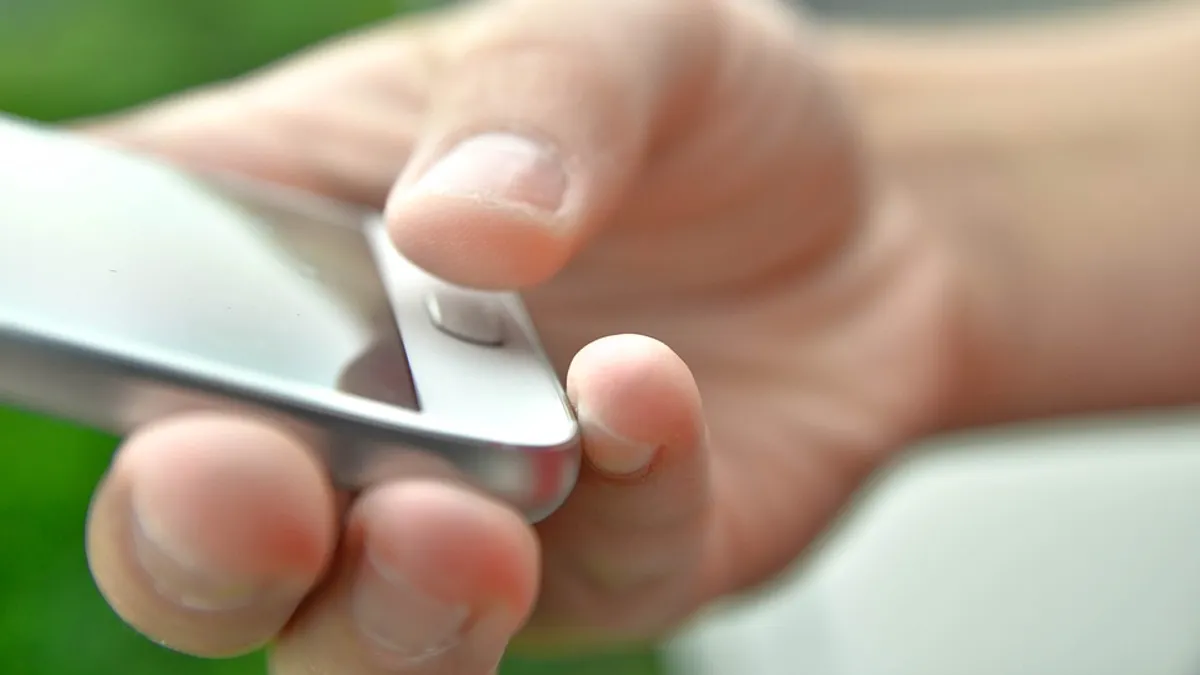Brief:
- Mobile biometrics will authenticate $2 trillion worth of in-store and remote mobile payment transactions annually by 2023, according to a study by Juniper Research. This is 17 times the $124 billion expected in 2018, as secure remote payment technology and more open biometric platforms become more popular. Mobile biometrics include the identification of mobile users by fingerprint, face or voice recognition.
- The fastest growth will come from biometrically verified remote m-commerce, which will surge to more than 48 billion transactions by 2023 for about 57% of all biometric transactions, up from an estimated 28% in 2018, per Juniper.
- Juniper also said that more than 80% of smartphones will have some form of biometric hardware by 2023, representing more than 5 billion smartphones. This has traditionally meant fingerprint sensors, but facial recognition and iris scanning will likely become more prominent over the next five years, with adoption exceeding 1 billion devices.
Insight:
Biometrics are set to transform the way mobile transactions are authenticated by helping to protect payment information and prevent fraud, as Juniper's study indicates. About 90% of smartphones currently support software-based facial recognition, while 80% are capable of voice-based payments. Juniper said that these services, as well as tracking user behavior, will enable secure cloud-based identity checks that are cross-platform and authenticate in the background.
Fingerprint biometrics are quickly becoming a common feature on smartphones. The number of smartphone models including fingerprint sensors is increasing sharply. The percentage of smartphones with a fingerprint scanner rose from 3% in 2014 to 65% by 2017, and now about 80% of smartphones announced or released in 2018 have fingerprint sensors, per GSMArena.com data cited by Juniper. These features are potentially some of the most limited by hardware because they need a discrete sensor where others will use a multi-purpose device like a camera or microphone, Juniper said.
China, whose urban areas have been early adopters of mobile payments, will help to drive smartphone biometrics. China is set to be leader with more than $1.2 trillion transacted through biometrics in 2023, 42.3% of the global market value. Because local technology providers dominate China, the international market may be the only option for other tech companies.














